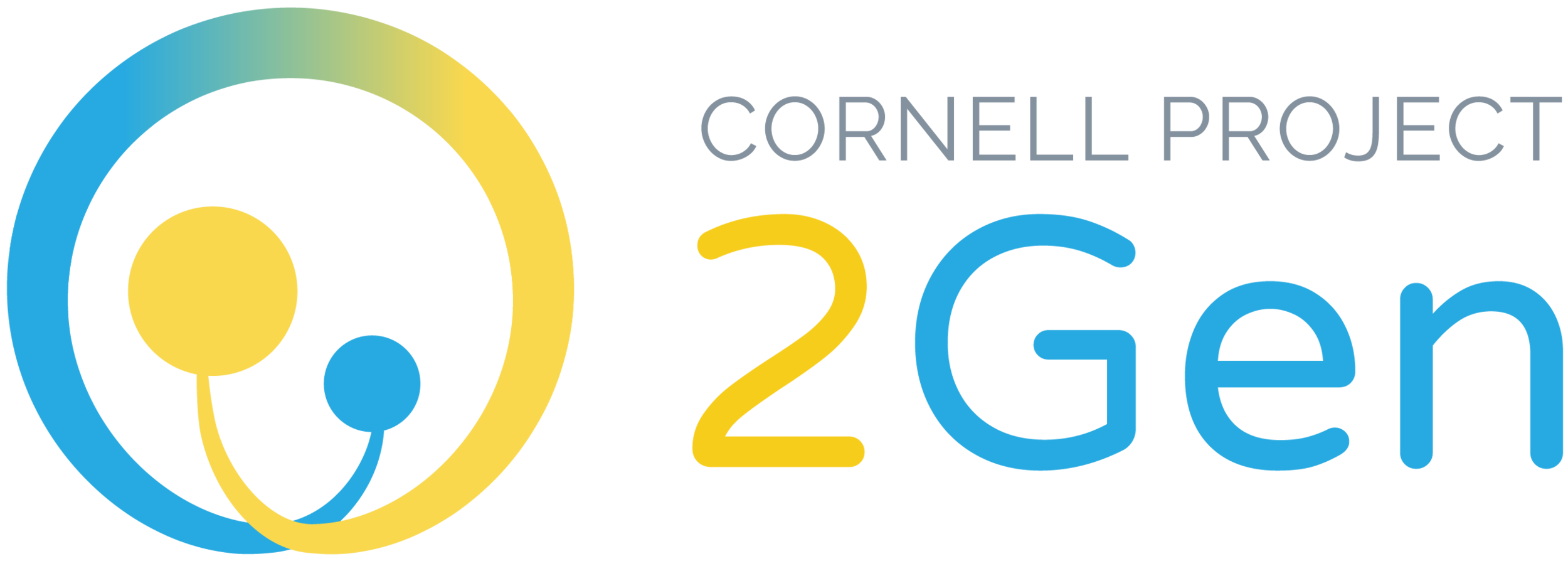We discuss applications of our three key decisions and draw implications for researchers interested in building research‐based, family‐focused public policy.
Read MoreThis report examines how trends in the opioid crisis have affected New York families and children.
Read MoreMaureen Waller et al. examine how and why child support debt presents a variety of problems for low-income, non-custodial parents.
Read MoreAnna Haskins examines how paternal incarceration can be associated with less school-based involvement.
Read MoreMarianella Casasola and Ana Maria Cañas investigate how parents understand their role in their children’s cognitive development.
Read MoreChildren of undocumented immigrants experience severe disadvantages that impact future success and contributions to social and economic change. Schools can promote well-being by providing safe environments for child and parental engagement.
Read MoreProject 2Gen co-directors Rachel Dunifon and Laura Tach organized the conference, “An Equal Start: Policy and Practice to Promote Equality of Opportunity for Children.”
Read MoreThis report presents findings from seven sessions of the Strengthening Families Program conducted from 2014-2018 by Cornell Cooperative Extension-Tompkins County (CCETC) for parents with open child welfare cases participating in Family Treatment Court.
Read MoreThis summer, I interviewed twenty-two family service coordinators and cottage directors about the challenges they face in their work with at-risk youth and their families.
Read MoreThis brief highlights a variety of ways states are tackling the opioid epidemic using a whole-family approach
Read MoreThis year’s Youth Development Research Update examined “Multi-Generational Approaches to Youth Development” and Cornell Project 2Gen's research was well-represented.
Read MoreOne of the main pillars of the two-generation policy and programming framework is education, for both children and parents.
Read More











